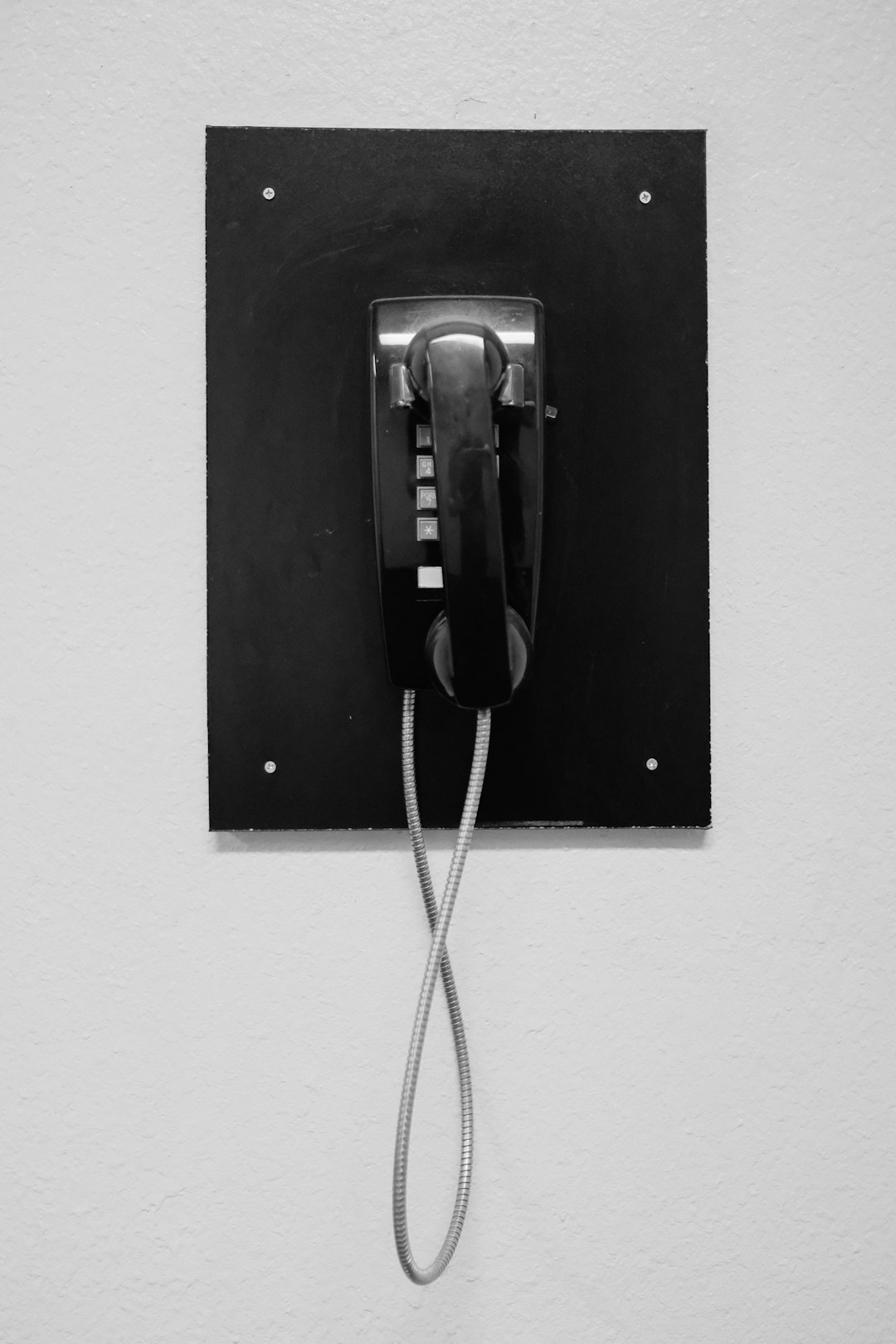Greenville, NC residents are protected from spam calls by state laws and the Telephone Consumer Protection Act (TCPA). They can register for the Do Not Call list, use call blocking features, and report persistent or illegal telemarketing to a Spam Call law firm in North Carolina. Exceptions include charity calls, debt collector notifications, and calls with prior consent. Violators face fines up to $500 per illegal call, and consumers can file complaints with the NC Attorney General's Office or local Spam Call law firms for legal action.
Greenville, North Carolina residents face a growing problem with unwanted spam calls. Understanding state laws is crucial for protecting your privacy. This guide delves into North Carolina’s no-call laws, empowering residents to assert their rights. Learn how to register on the Do Not Call list, recognize permitted calls, and what legal actions are available against violators. Stay informed with expert insights from a leading Spam Call law firm in North Carolina.
Understanding No Call Laws in North Carolina

In North Carolina, “no call” laws are designed to protect residents from unwanted telephone solicitations, particularly from spam call law firms and other telemarketers. These laws restrict when and how businesses can contact consumers by phone for marketing purposes. Under the Telephone Consumer Protection Act (TCPA), companies must obtain prior express consent before placing automated calls or sending text messages to individuals.
Greenville residents should be aware that these regulations apply to both live agents and automated systems. Businesses found violating the state’s no call laws can face significant fines, with penalties reaching up to $500 per illegal call. Consumers who feel their rights have been violated can take action by filing a complaint with the North Carolina Attorney General’s Office or consulting with a local spam call law firm for legal advice.
Rights of Greenville Residents Against Spam Calls

Greenville, North Carolina residents have rights when it comes to dealing with spam calls. According to state laws, citizens are protected from unsolicited telephone solicitations and prerecorded or artificial voice messages, commonly known as robocalls. A spam call law firm in North Carolina can help residents understand their rights and take action against persistent or illegal telemarketing activities.
If a Greenville resident receives a spam call, they have several options. They can register their phone number on the state’s Do Not Call list, which restricts most outbound sales calls. Additionally, many smartphones offer built-in call blocking features that can be used to silence unwanted callers. Residents who feel their privacy has been invaded or believe they’ve received illegal spam calls are encouraged to file a complaint with the North Carolina Department of Justice and consult with a local law firm specializing in spam call litigation to explore legal options for recourse.
How to Register for the Do Not Call List

Greenville, North Carolina residents can take an active step towards curbing unwanted spam calls by registering their phone numbers on the state’s official Do Not Call list. This simple process is a powerful tool to protect your privacy and reduce the number of unsolicited calls you receive from telemarketers and other businesses. To begin, residents should visit the North Carolina Department of Justice website or contact a local Spam Call law firm for guidance. The registration process involves providing your full name, current address, and the phone number(s) you wish to have included in the list. Once submitted, your details are added to the state’s database, ensuring that legitimate telemarketers will not be able to call you without prior consent.
By registering, Greenville residents contribute to a more regulated calling environment, which can significantly decrease the volume of spam calls they receive. This is especially beneficial for those who frequently encounter sales or promotional calls, even after expressing disinterest. Remember, staying informed about your rights and actively participating in these initiatives are crucial steps towards creating a quieter, more peaceful communication space.
Exceptions and Permitted Calls Explained

Greenville, NC residents often wonder about calls they can’t refuse. The state’s Spam Call laws, also known as No Call laws, aim to protect consumers from unwanted telemarketing and sales calls. However, not all calls are restricted. Exceptions include calls made by or on behalf of a charity, calls from a debt collector, or calls where the caller has obtained your number through a public directory listing.
Permitted calls also extend to those initiated with your prior consent, such as signing up for a service or entering a contest. Businesses must comply with North Carolina’s Spam Call law firm guidelines, ensuring they have your permission before contacting you. Understanding these exceptions is crucial for residents to know their rights and avoid unwanted intrusions while still allowing legitimate business interactions.
Legal Actions Against Violators: What to Know

Greenville, North Carolina residents should be aware that legal actions can be taken against violators of no call laws. If you’ve received unwanted phone calls from telemarketers or spam call centers, you have rights under state and federal regulations. A reputable spam call law firm in North Carolina can guide you through the process of filing a complaint with the Federal Trade Commission (FTC) or the North Carolina Department of Justice (DOJ). These agencies investigate and take action against companies that violate no call laws.
By reporting these violations, residents can help protect themselves and their communities from persistent and aggressive telemarketing practices. A spam call law firm can also assist in seeking damages for emotional distress or invasion of privacy caused by these unwanted calls. It’s crucial to act promptly as there are time limits to file complaints and claims under the Spam Call laws.






